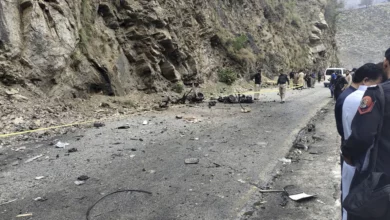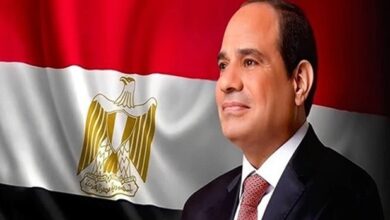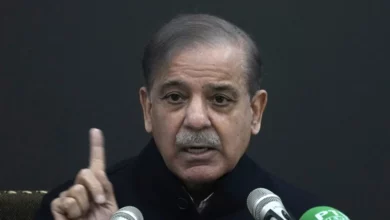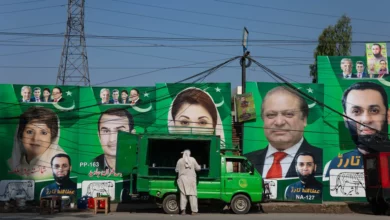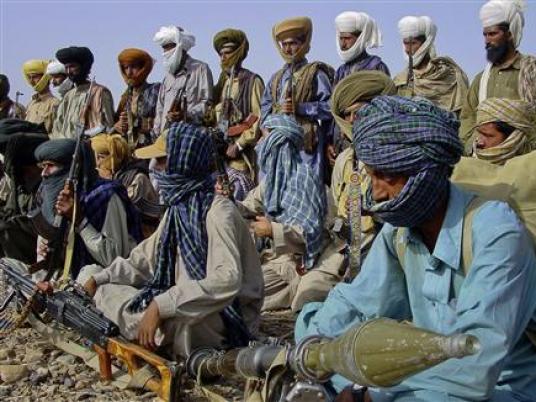
Pakistan, plagued by Islamists militancy, sectarian violence and frequent disasters that push its people deeper into poverty, told the United Nations on Tuesday it is a democratic and progressive state working to protect human rights.
But Western countries and the normally anti-Western Belarus countered that in Pakistan religious minorities were persecuted, that dissent was often brutally suppressed by the army, and that little was done to tackle human trafficking.
Foreign Minister Hina Rabbani Khar told the UN's Human Rights Council that Pakistan "is a democratic, pluralistic and progressive state" aiming to create a fair society based on equality, respect for diversity and justice.
"Today Pakistan is a functional democracy with an elected and sovereign parliament, an independent judiciary, a free media and a vibrant and robust civil society," she declared.
Rabbani Khar was presenting a report to the council on her overwhelmingly Muslim country's human rights record in a process known as the Universal Periodic Review to which all members of the world body are expected to submit every four years.
But the Pakistan review, its second since the council was set up in 2006, comes at a time when it has been under global scrutiny following the shooting by Islamic radicals of a girl educational activist and riots against Christians.
It also comes just two weeks before it hopes to be appointed as a candidate of Asian countries to full membership of the council, where it is already active as the official voice of the 56-nation Organization of Islamic Cooperation.
Some Western countries have already indicated they do not see Pakistan as a suitable candidate — although they accept there is little they can do to head off a clear majority vote for it in the UN General Assembly on 12 November.
Serious concerns
"We have serious concerns about the human rights situation in Pakistan," US ambassador Eileen Donahoe told the council on Tuesday, referring to army operations "aimed at silencing dissent" in the rebellious province of Baluchistan.
She said Pakistan should ensure that those guilty of torture, enforced disappearances and extrajudicial killings there must be prosecuted, while laws often used to justify discrimination against religious minorities should be reformed.
These remarks were directed at the country's "blasphemy" law, which provides for a range of harsh penalties up to execution for any act deemed to offend against Islam, and especially its Prophet Mohamed.
A British delegate told the council that the recent case of a young Christian girl accused by an imam of burning pages of the Quran showed the danger of the law for ordinary Pakistanis, including Muslims outside the Sunni majority.
"Credible elections in Pakistan will require that the rights of women are protected and political participation is ensured," said the delegate, Phil Tissot. Minorities should also be allowed to vote freely, he added.
The US and British strictures were echoed by Sweden, Switzerland and a range of other European countries. And Belarus, which normally lines up with developing countries in UN bodies, took an even tougher line.
Forced labor was widespread in Pakistan, and punishment beatings of children were legal, said the delegate from the former Soviet state — which is itself widely accused by its European neighbors of serious human rights abuses.
Pakistan should also intensify efforts to fight trafficking of women and children, and to stop sexual exploitation and cruel treatment of children, the Belarus delegate declared.

